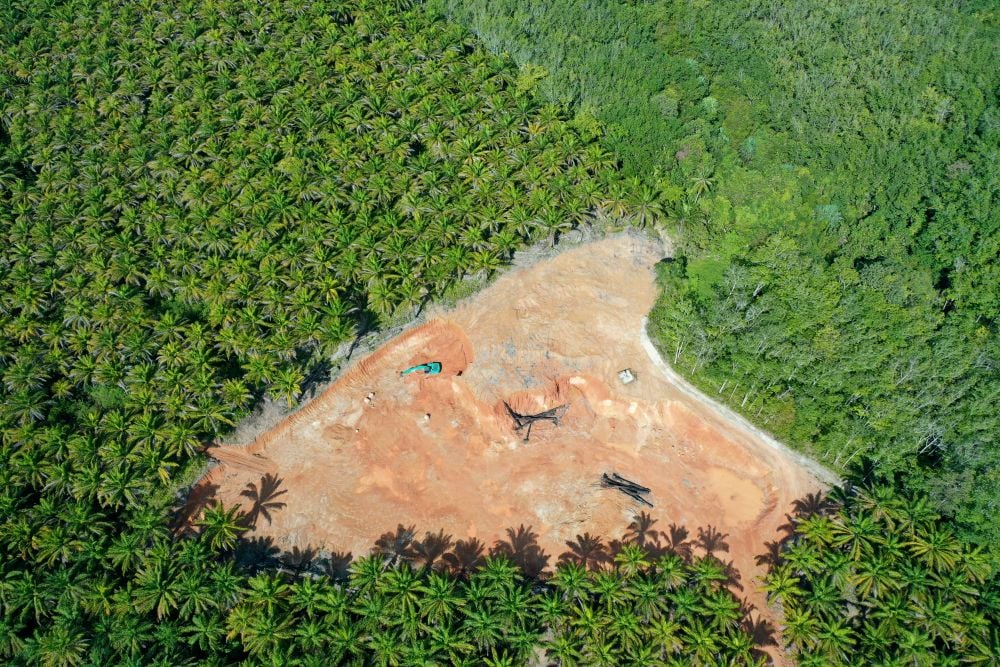ASSET owners are beginning to look at the climate change risks faced by Asian corporates, a trend that is expected to change how equity investors evaluate listed companies that are already under pressure to fast-track development of their own sustainability risk management practices.
Asia has the highest exposure to coastal flooding risk, the biggest climate change risk facing Asian corporates at present, both in terms of the number of facilities and the level of potential damage to company sites. Without significant investment in coastal protection and adaptation, over half of the global assets at risk could become untenable by 2050, according to a study conducted by MSCI research.
“Regionally, Asia has the most coastal flooding exposure by far, with US$2.25 trillion of revenue at risk between now and 2050. We estimate that approximately 7% of global facilities operated by MSCI ACWI Index constituents are threatened by coastal flooding risk. Nearly 62% of index constituents had at least one facility in a flood-prone area,” says David Lunsford, executive director and head of climate policy and strategy at MSCI ESG Research. Lunsford co-authored the study entitled “How climate change may ‘flood’ global equities” with Boris Prahl, vice president, MSCI ESG Research.
The MSCI ACWI index tracks more than 2,700 stocks from 23 developed countries and 24 emerging markets.
For equity investors and, in general, asset owners, this means they will have to re-evaluate their investment strategies to be able to look more closely at the climate change risk of each listed company that they invest in, in order to get an accurate gauge of a company’s investment performance and risk potential.
At present, equity investors generally look only at the business fundamentals of a company and market risks in the sector in which it operates when judging a company’s investment potential.
Changing the investment strategy for equities is becoming more relevant because many of the companies covered by the MSCI AWI index have facilities that are expose to climate change risk.
“We identified 6,257 facilities at risk in Asia, with US$2.25 trillion of revenue at risk between now and 2050. The EU had the second-highest number of facilities at risk from coastal flooding (2,270), while the US had the second-highest amount of revenue at risk, at US$541 billion,” says Lunsford.
Regulators are aware of this trend and are pushing Asian listed companies to enhance their climate risk reporting activities in order to address the threat of climate change.
In Hong Kong, the Hong Kong Exchange (HKEX) has issued stricter reporting requirements on the sustainability risk of listed companies that will take effect beginning June 2020. Under the new requirements, environmental, social and governance (ESG) factors become the responsibility of the board of directors, traditionally the most powerful decision-making body of a company.
The key impact of these new requirements is that they will make it more difficult for corporates to raise needed financing unless they comply with globally accepted ESG standards, best practices, and key performance indicators (KPIs). This is because the investors, banks, and financiers are also under pressure from regulators and their own boards to ensure that the companies they put their money into meet the relevant ESG standards and KPIs.
To estimate and attribute damage costs to company facilities, MSCI used probabilistic modeling and geographic information systems technology when projecting future flood damages resulting from climate change.
“MSCI’s physical climate-risk analysis comprises approximately 221,000 geo-referenced assets from approximately 7,200 publicly listed companies. For each of these facilities, we assessed the threat of coastal flooding and the associated financial risks related to asset damage and business interruption,” Lunsford says.
In 2019 alone, extensive flooding hit India, Bangladesh, Pakistan, Nepal and Vietnam resulting in numerous deaths and billions of dollars in damage to businesses.









